Why are Apple’s iPhones so expensive - and will they get cheaper?
Chief executive Tim Cook hints at price cuts following poor smartphone sales
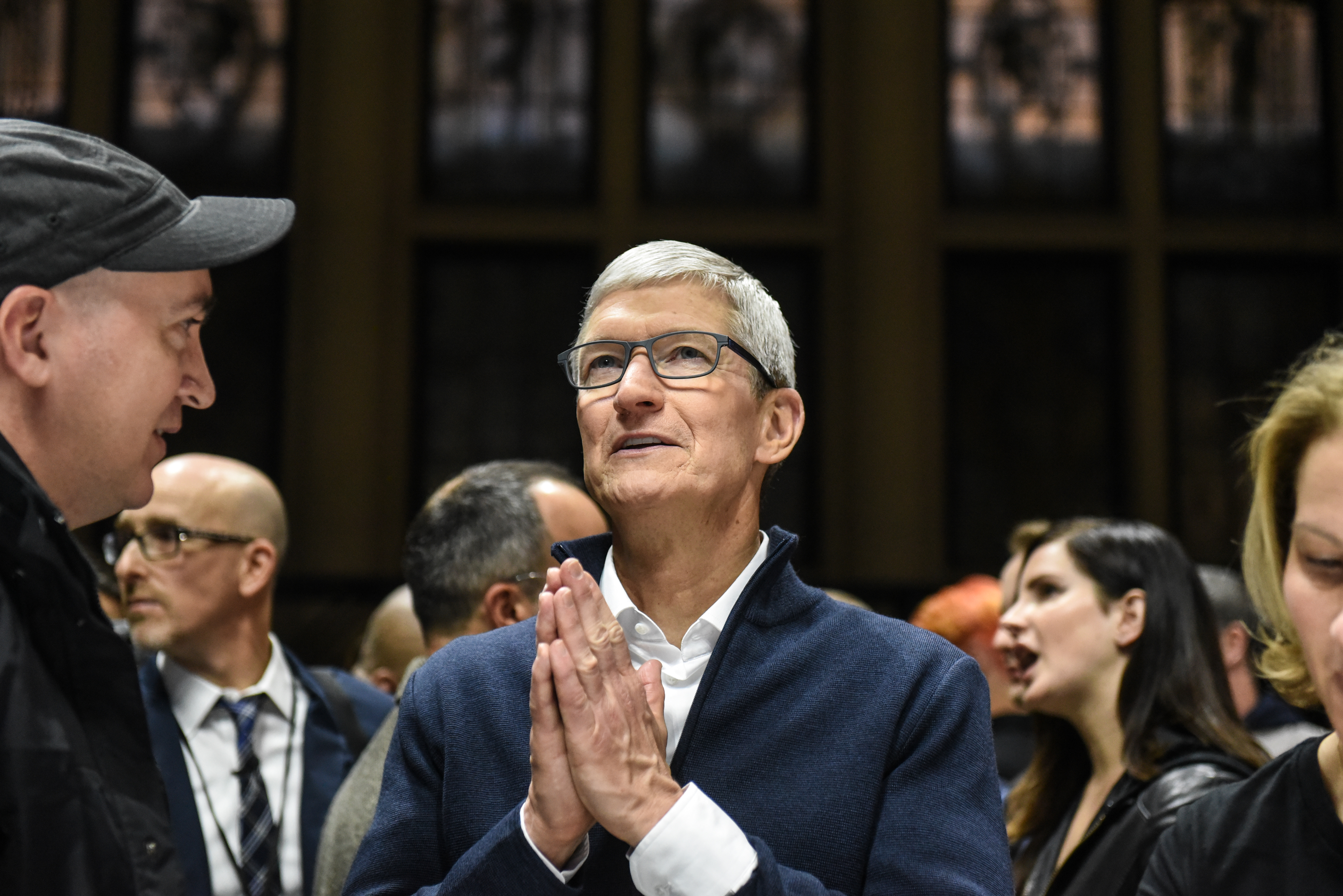
A free daily email with the biggest news stories of the day – and the best features from TheWeek.com
You are now subscribed
Your newsletter sign-up was successful
Apple is considering changing how it prices iPhones following lacklustre sales of the brand’s latest handsets, Tim Cook has announced.
Speaking to Reuters, the Apple boss said the tech giant’s devices have become more expensive in local currencies as a result of the strengthening of the dollar over the past 12 months. And that has hurt sales in emerging markets, he added.
In a bid to reverse the trend, the company now plans to to revert back to the prices used for local currencies before Apple started matching device values to the dollar, back in late 2017.
The Week
Escape your echo chamber. Get the facts behind the news, plus analysis from multiple perspectives.

Sign up for The Week's Free Newsletters
From our morning news briefing to a weekly Good News Newsletter, get the best of The Week delivered directly to your inbox.
From our morning news briefing to a weekly Good News Newsletter, get the best of The Week delivered directly to your inbox.
“What we have done in January in some locations and [for] some products is essentially absorb part or all of the foreign currency move as compared to last year,” Cook explained.
He did not specify whether that plan will include changing iPhone prices in the UK. “At the the moment, according to Apple’s official website, an iPhone Xs with a 5.8in display costs from $999 (£763) in the US compared with £999 in the UK,” reports the BBC.
Although Apple has never explained publicly why it hiked iPhone prices in the UK two years ago, the Daily Mail says it may have been a result of the weakening of the pound following the Brexit vote.
On the other hand, the company may have driven up prices simply because “it can get away with charging more”, the newspaper adds.
A free daily email with the biggest news stories of the day – and the best features from TheWeek.com
Either way, the strategy no longer seems to be working.
Revenue from the iPhone, Apple’s biggest money-maker, fell by 15% over the final financial quarter of 2018. That meant the firm’s overall revenue dropped by about 5% compared with the same period last year.
Apple has also blamed China’s slowing economy for the fall in revenue, with sales in the Greater China region, which includes Hong Kong and Taiwan, plummeting by 25% over the past quarter.
But pricing is not entirely to blame for China’s disinterest in the iPhone.
Chinese smartphone makers Huawei and Xiaomi have posed a serious challenge to Apple in the market in recent years.
Chinese device maker Oppo has also seemingly emerged from nowhere over the past 12 months and now holds a 20% market share in the country, says VentureBeat.
Huawei leads the way with 27%, while Apple only has a 9% share in China.
-
 The environmental cost of GLP-1s
The environmental cost of GLP-1sThe explainer Producing the drugs is a dirty process
-
 Greenland’s capital becomes ground zero for the country’s diplomatic straits
Greenland’s capital becomes ground zero for the country’s diplomatic straitsIN THE SPOTLIGHT A flurry of new consular activity in Nuuk shows how important Greenland has become to Europeans’ anxiety about American imperialism
-
 ‘This is something that happens all too often’
‘This is something that happens all too often’Instant Opinion Opinion, comment and editorials of the day
-
 Will AI kill the smartphone?
Will AI kill the smartphone?In The Spotlight OpenAI and Meta want to unseat the ‘Lennon and McCartney’ of the gadget era
-
 Is Apple’s Tim Cook about to retire?
Is Apple’s Tim Cook about to retire?Today's Big Question A departure could come early next year
-
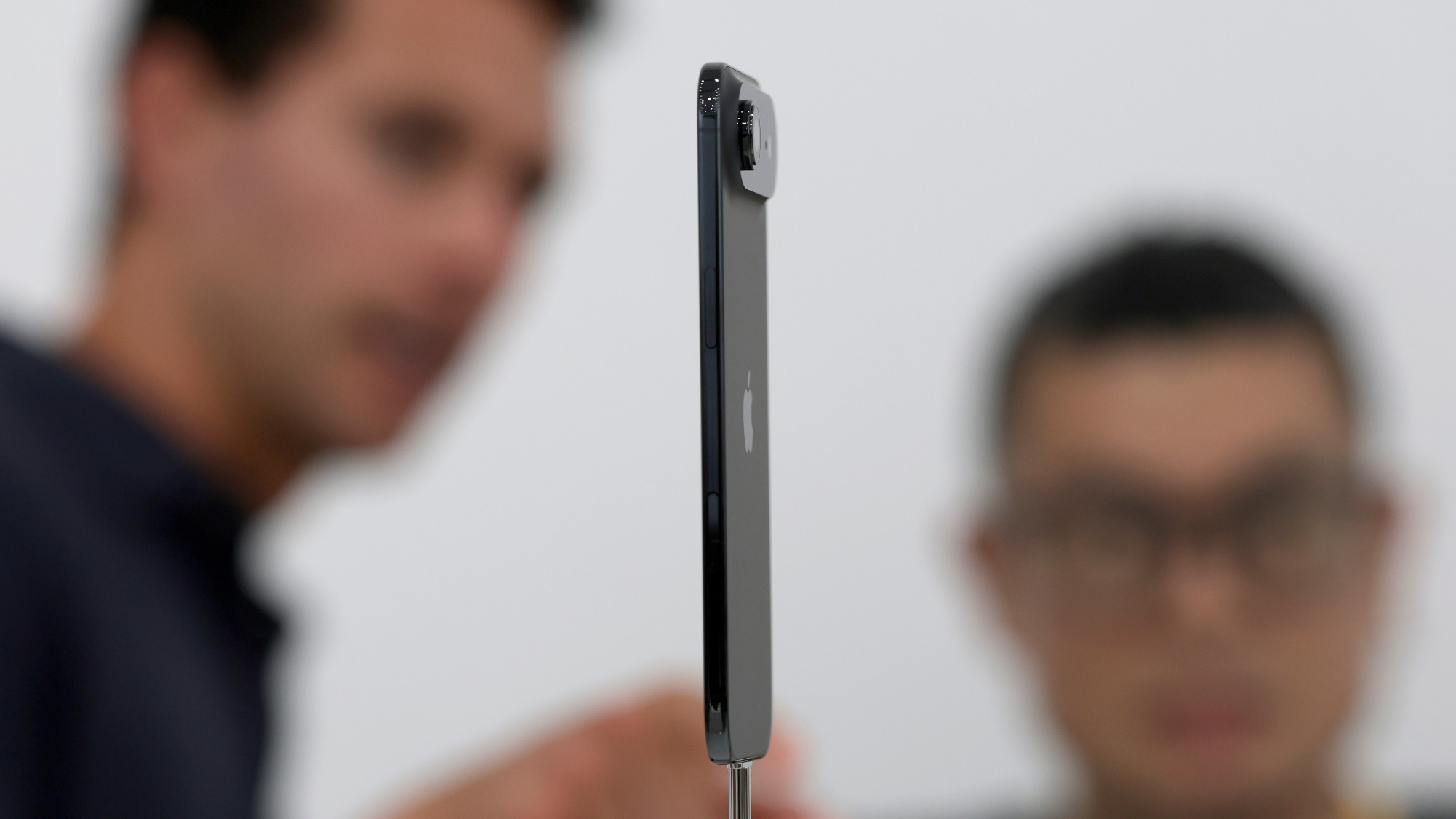 iPhone Air: Thinness comes at a high price
iPhone Air: Thinness comes at a high priceFeature Apple’s new iPhone is its thinnest yet but is it worth the higher price and weaker battery life?
-
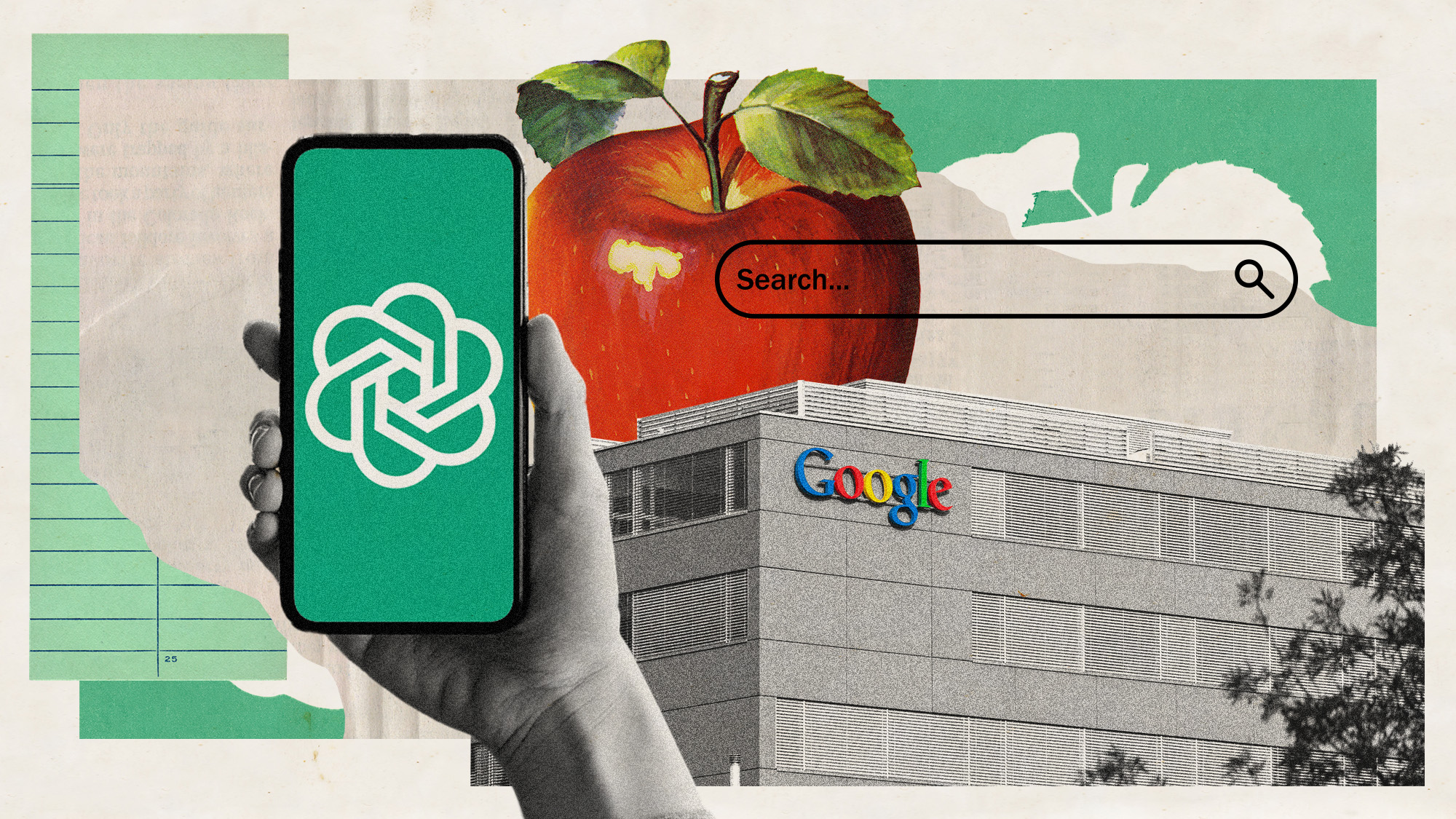 Is Apple breaking up with Google?
Is Apple breaking up with Google?Today's Big Question Google is the default search engine in the Safari browser. The emergence of artificial intelligence could change that.
-
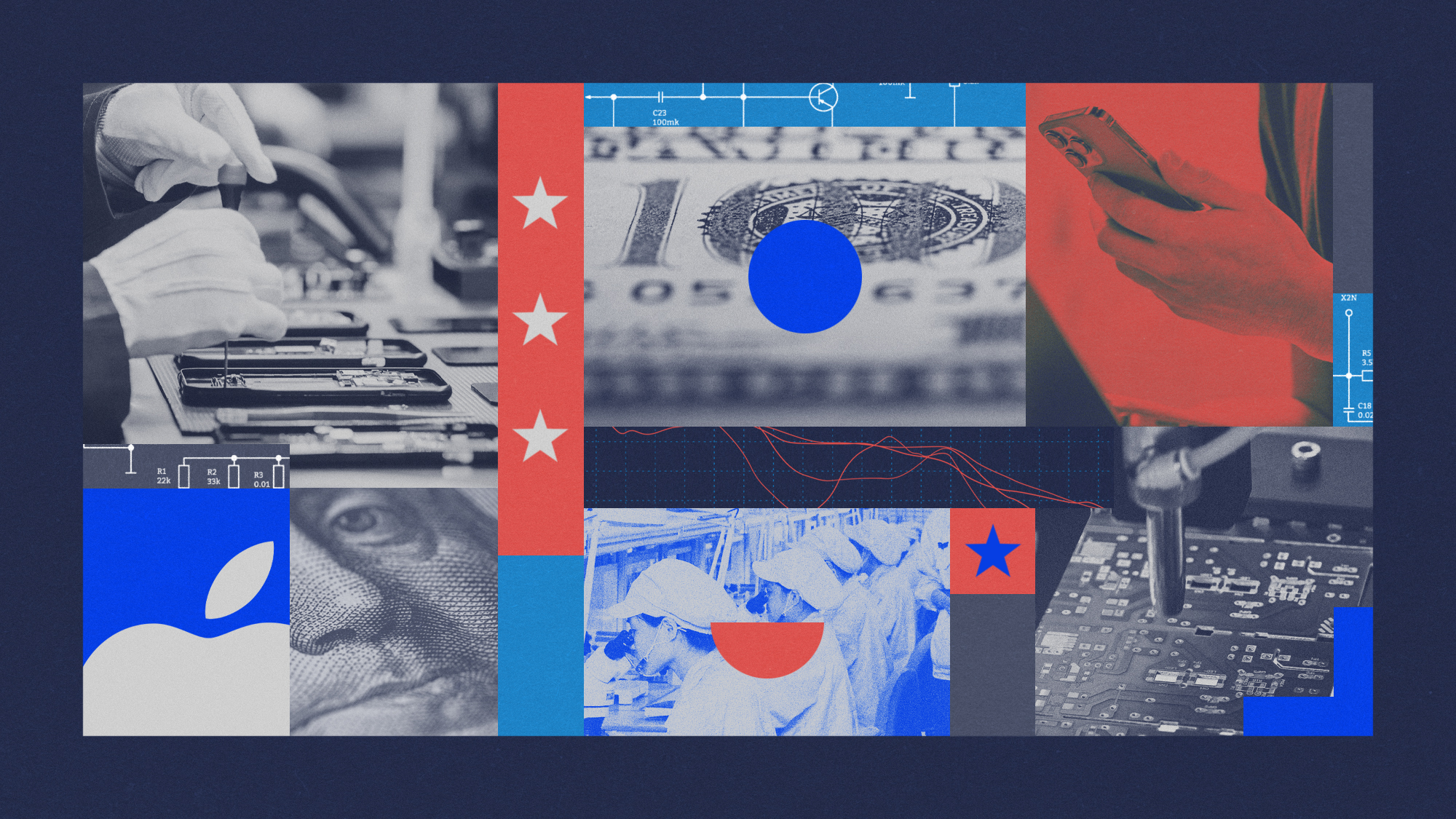 Why won't Apple make iPhones in America?
Why won't Apple make iPhones in America?Today's Big Question Trump offers a reprieve on tariffs, for now
-
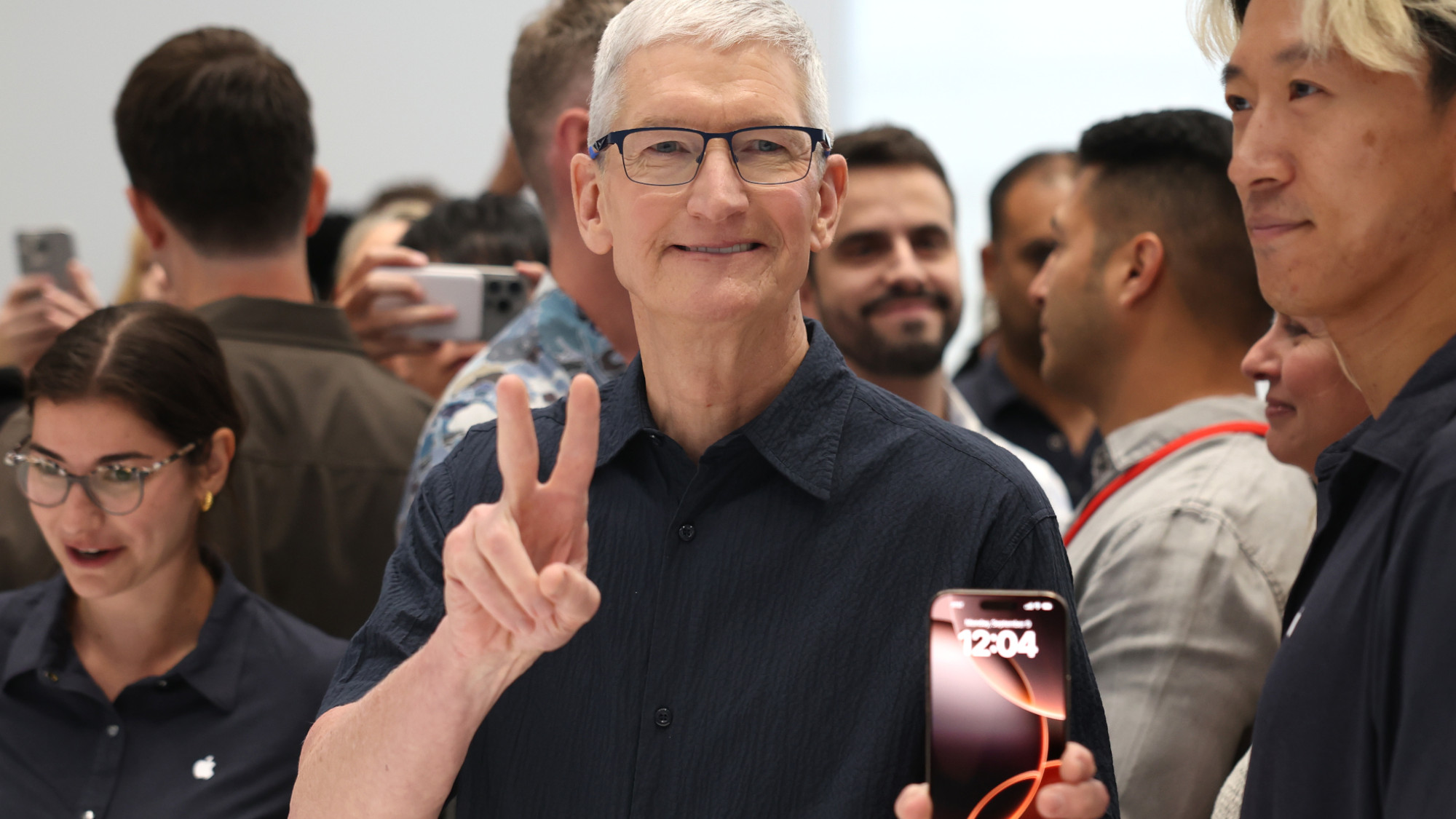 Not there yet: The frustrations of the pocket AI
Not there yet: The frustrations of the pocket AIFeature Apple rushes to roll out its ‘Apple Intelligence’ features but fails to deliver on promises
-
 Space-age living: The race for robot servants
Space-age living: The race for robot servantsFeature Meta and Apple compete to bring humanoid robots to market
-
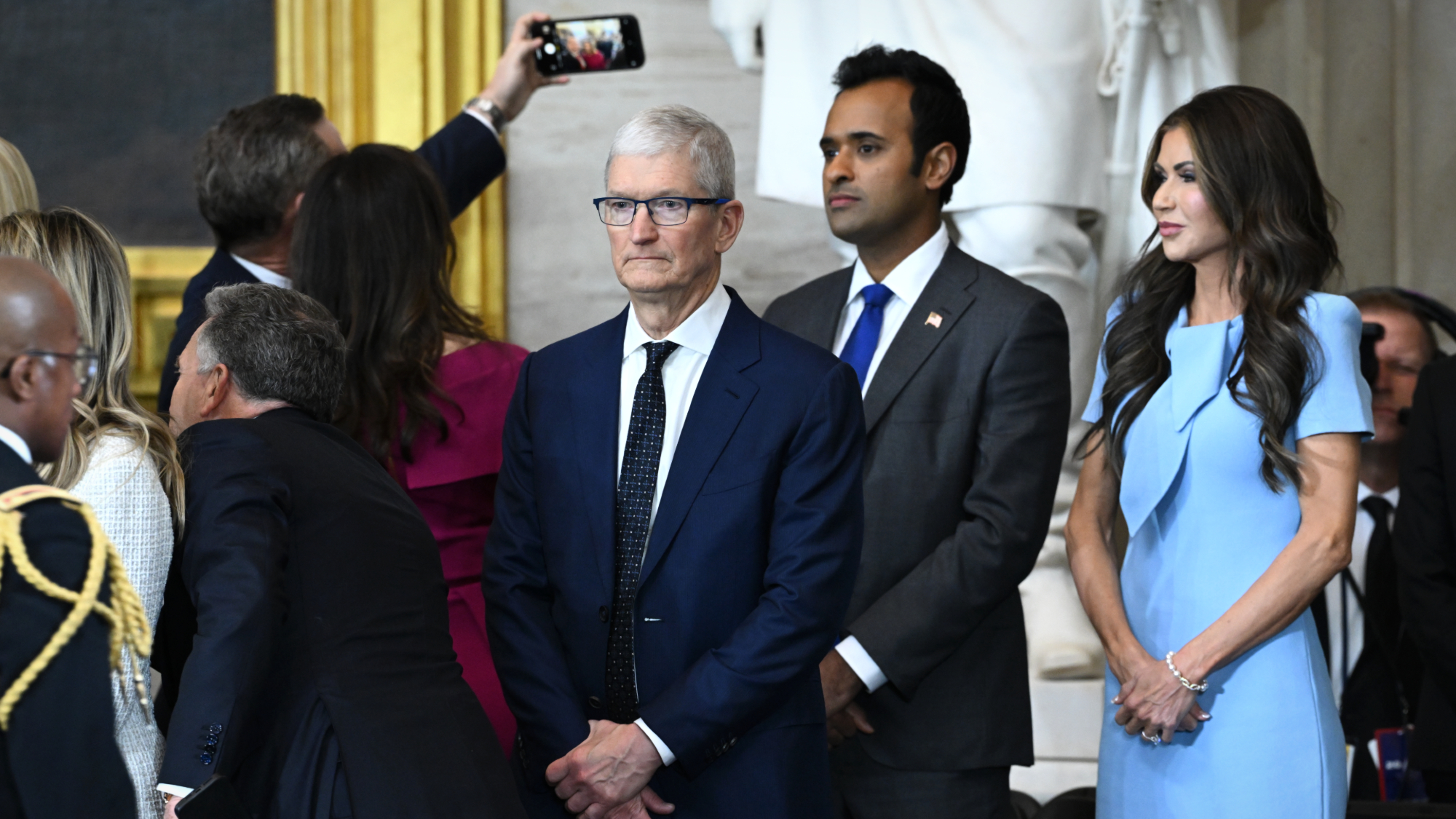 Apple pledges $500B in US spending over 4 years
Apple pledges $500B in US spending over 4 yearsSpeed Read This is a win for Trump, who has pushed to move manufacturing back to the US